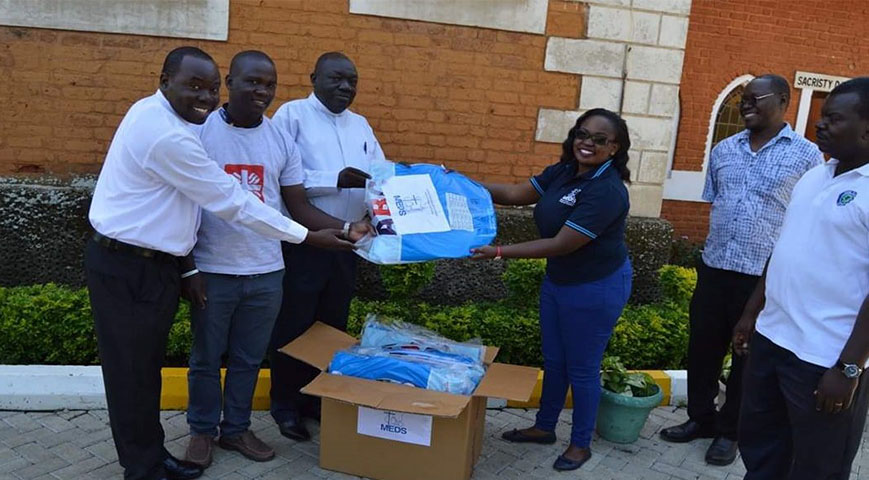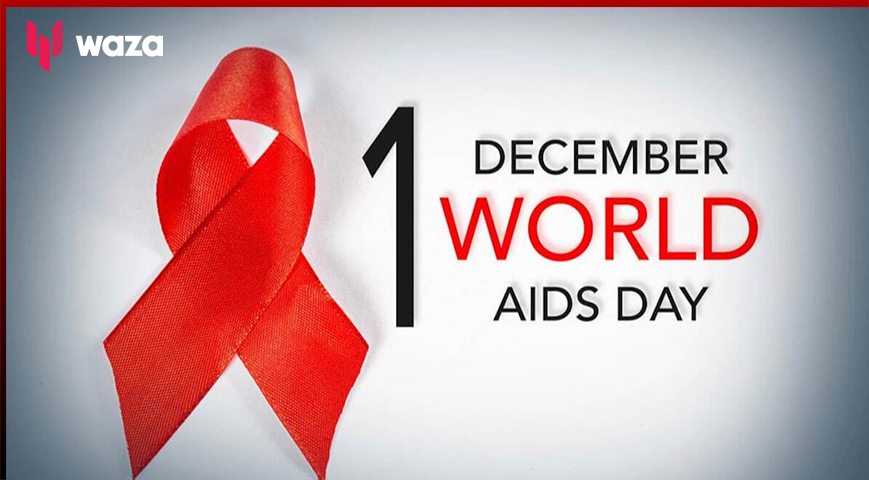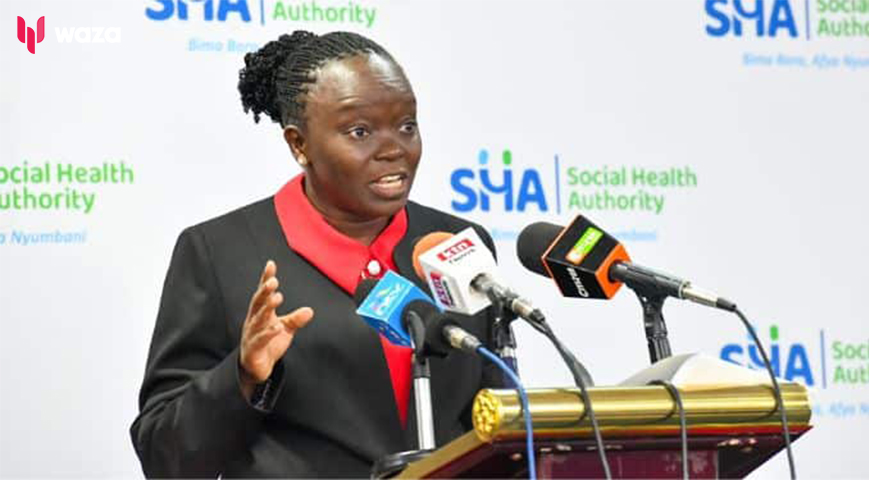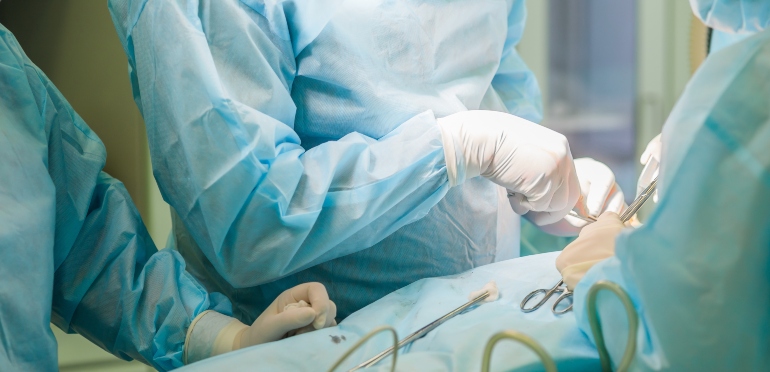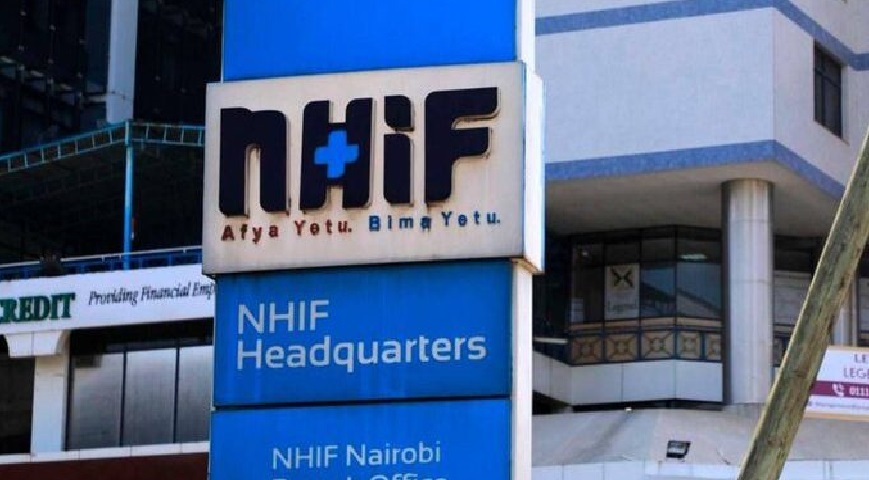The Ministry of Health is initiating a National Long-Lasting Insecticidal Treated Nets (LLINs) Distribution Campaign to reduce the malaria burden in Kenya.
According to a statement by State Department for Public Health PS Mary Muthoni on Sunday, the campaign will begin on November 15.
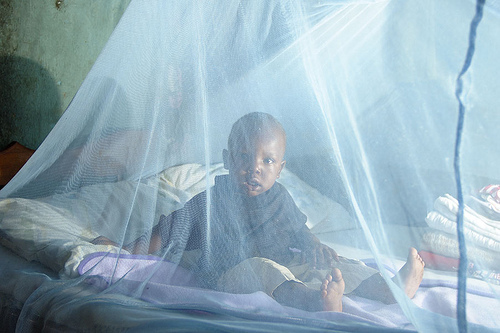
It will begin in the Ndiru stadium in Homa Bay, with attendees including Cabinet Secretary for Health Nakhumicha S. Wafula, Homabay Governor Gladys Wanga, foreign health organizations, and community leaders.
Did you read this?
"This campaign signifies a continued commitment to combat malaria, representing a formidable step towards universal coverage with nets and a substantial impact in Kenya's ongoing battle against malaria," Muthoni said in a statement to the press.
The distribution of the nets to community members is intended to cover 22 high malaria-burden counties, targeting around 23 million people with 15.3 million long-lasting insecticide-treated nets, in keeping with the Ministry's goal of a Malaria-free Kenya.
.png)
"These counties, situated in lake and coastal regions - Kisumu, Siaya, Busia, Migori, Kisii, Nyamira, Lamu, Kilifi, Tana River, Kwale, Mombasa, Taita-Taveta Vihiga, Homabay, Bungoma, Kakamega West Pokot, Turkana, Trans-Nzoia, Narok, Baringo, Kirinyaga - are at the forefront of our efforts to combat malaria," the statement goes on to say.
"Through active community engagement, the campaign seeks to empower individuals to take control of their health, fostering a sense of resilience and collective responsibility in the fight against malaria."
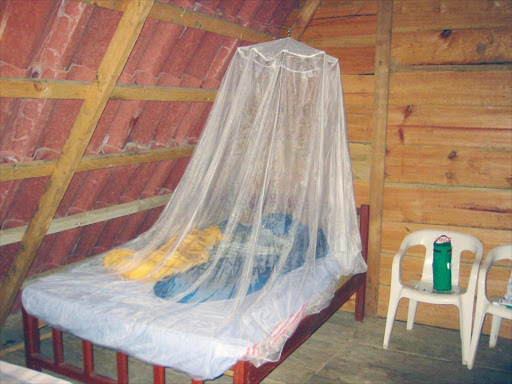
According to MoH data, malaria still accounts for 13-18% of all outpatient attendance in public health institutions and an estimated 15% of all admissions to health facilities based on passive case reports.
According to the Ministry of Health, the distribution of mosquito nets has proven beneficial, with a considerable decline in malaria prevalence from 8% to 6% countrywide, as measured by the Kenya Malaria Indicator Survey in 2015 and 2020, respectively.

